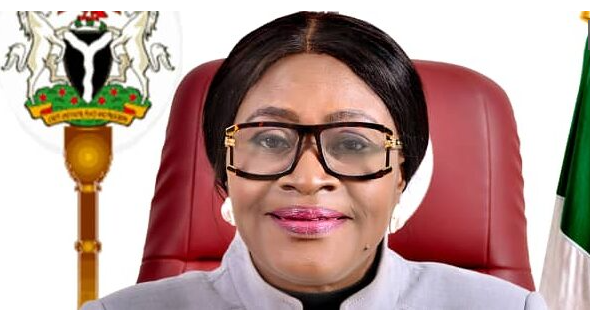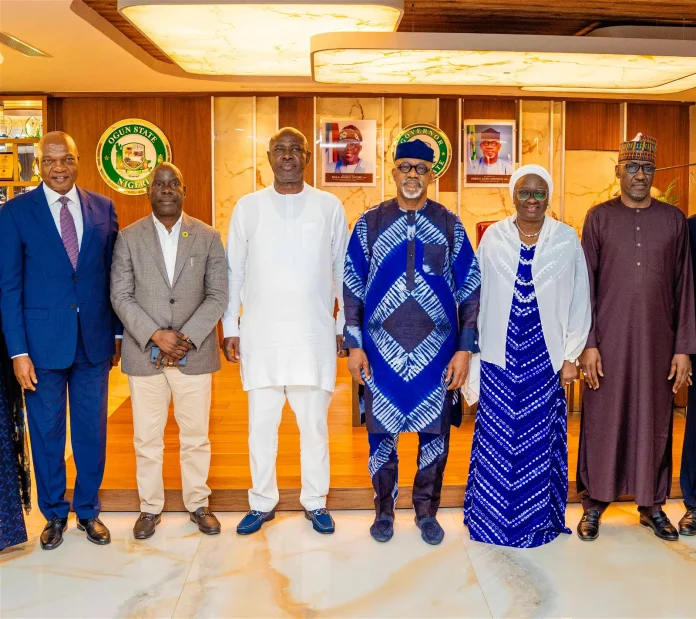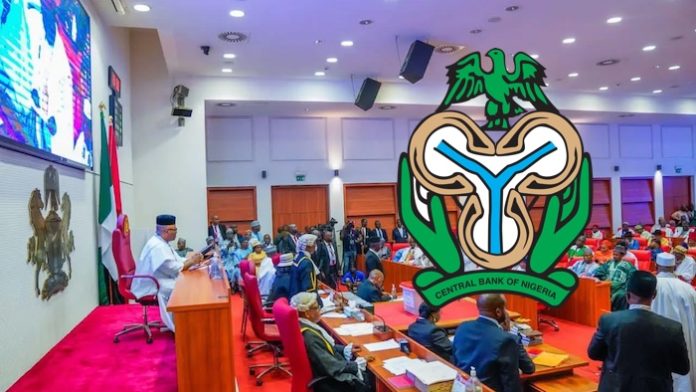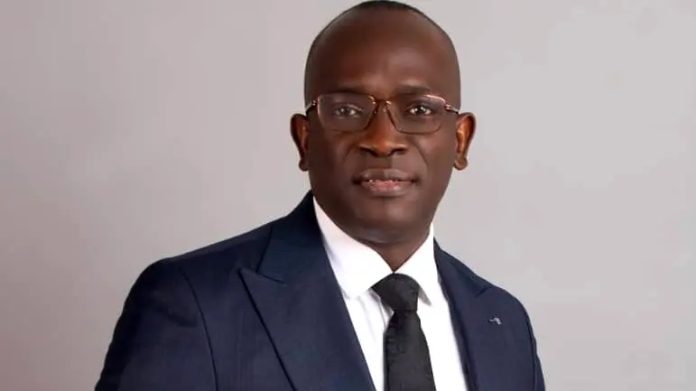Many young Nigerians are still outraged by President Tinubu’s administration’s clampdown on P2P trading in the cryptocurrency industry, but such a narrative hasn’t stopped them from loving Bitcoin.
According to Google Trends statistics, El Salvador is the only country with higher interest in Bitcoin than Nigeria, Africa’s largest cryptocurrency market.
Based on regional geographic measures, Delta state shows the greatest interest in Bitcoin, followed by the states of Anambra, Ekiti, Enugu, Ondo, Ebonyi, Bayelsa, Osun, Edo, and Imo.
Remarkably, Lagos, the business hub of Nigeria, does not rank among the top 15 cities in Google searches for Bitcoin interest. This supports the theory that areas with higher levels of insecurity, lower bank exposure, and a high concentration of Nigerian millennials are more likely to use the flagship cryptocurrency for savings and payments.
Nigeria is currently one of the youngest countries in the world and one of the fastest-growing in Africa, according to a United Nations study. The age group under 15 makes up 43% of the population.
Notwithstanding the recent decline in Bitcoin’s popularity, Nigeria continues to have the highest percentage of cryptocurrency users in Africa and is among the most developed nations globally, with an annual growth rate of 9%.
A Chainalysis report revealed that Nigeria is ranked third out of just six nations that have seen steady growth since 2021.
Nigeria boasts the biggest cryptocurrency market in Africa in terms of interest and the number of users, as a significant portion of its youthful and energetic populace utilizes the digital space.
Stablecoins, mostly pegged to the US dollar as a common reference asset to protect against inflation and naira depreciation, have become the cryptocurrency of choice in Nigeria. USDT is the most traded stablecoin in the country. Paying with stablecoins like USDT is becoming more convenient for Nigerian businesses and the diaspora.
The most recent action taken by the government came after earlier ones intended to prevent the collapse of Nigeria’s currency and deal with economic issues. Authorities claim that Binance engaged in rate-fixing and speculation to influence currency rates, which caused the naira to devalue.
The regulatory body’s assertive stance was brought to light earlier this year when Binance was prohibited from operating in the country and its top executives, Tigran Gambaryan and Nadeem Anjarwalla, were subsequently taken into custody. Anjarwalla was able to escape, but Gambaryan was detained in Abuja. In addition, he faces accusations of money laundering and tax violations, which will put him on trial.
The authorities also claimed that $26 billion worth of transactions on the site were untraceable, accusing the business of funding terrorism and money laundering. Top state officials pledged to make life difficult for anybody trading crypto assets with the naira, as they often claim it’s the primary reason for the naira’s rapid depreciation.
According to a recent EFCC report, some young people who trade in digital assets like Bitcoin are ignorant that the proceeds go toward funding terrorism in the country. The enforcement agency further stated that a portion of the 1,146 bank accounts that the anti-graft agency had recently frozen were used as funding sources for terrorism.
The CBN issued the first guidelines for banks to open cryptocurrency accounts, but it still forbids them from managing or transacting virtual assets on their own.
The new rules, which are available on Nigeria’s central bank’s website, contain more details on the regulator’s decision to remove its restriction on banks opening accounts with cryptocurrency service providers last month. It is still illegal for banks to possess or trade cryptocurrency for themselves.
Since most P2P transactions take place through relatively opaque channels, market leaders view this approach as unproductive. According to Ray Youssef, CEO of NoOnes, most P2P transactions happen on WhatsApp, Telegram, coffee shops, and public locations rather than on Binance or any other known crypto service provider.
The technology behind Bitcoin gives Nigeria’s economy a chance to solidify its position as a knowledge-based economy, which would draw the capital required to spur growth—as demonstrated in the fintech sector. The Federal Government’s vigorous crackdown on the cryptocurrency market jeopardizes Nigeria’s economic edge in the rapidly expanding digital market.











